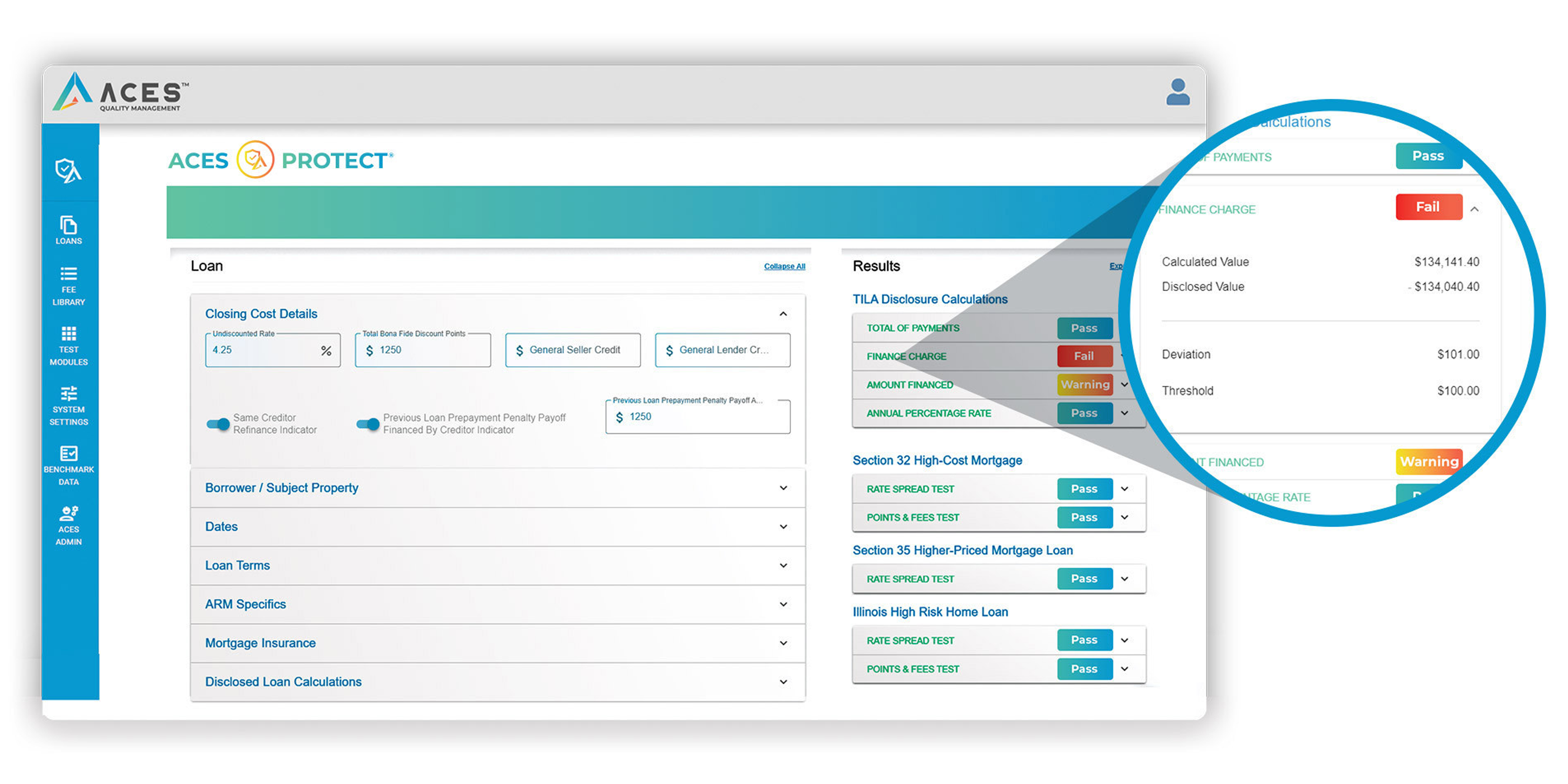MRG
The Delaware legislature recently amended its laws related to breaches of security, effective April 14, 2018.
Any person who conducts business in Delaware and owns, licenses, or maintains personal information must implement and maintain reasonable procedures and practices to prevent the unauthorized acquisition, use, modification, disclosure, or destruction of personal information collected or maintained in the regular course of business.
“Breach of security” means:
- The unauthorized acquisition of computerized data that compromises the security, confidentiality, or integrity of personal information. Good faith acquisition of personal information by an employee or agent of any person for the purposes of security, provided that the personal information is not used for an unauthorized purpose or subject to further unauthorized disclosure;
- The unauthorized acquisition of computerized data that compromises the security, confidentiality, or integrity of personal information is not a breach of security to the extent that personal information contained therein is encrypted, unless such unauthorized acquisition includes, or is reasonably believed to include, the encryption key and the person that owns or licenses the encrypted information has a reasonable belief that the encryption key could render the personal information readable or useable.
“Determination of the breach of security” means the point in time at which a person who owns, licenses, or maintains computerized data has sufficient evidence to conclude that a breach of security of such computerized data has taken place.
“Encrypted” means personal information that is rendered unusable, unreadable, or indecipherable through a security technology or methodology generally accepted in the field of information security.
“Encryption key” means the confidential key or process designed to render the encrypted personal information useable, readable, and decipherable.
“Notice” means any of the following:
- Written notice;
- Telephonic notice;
- Electronic notice, if the notice provided is consistent with the provisions regarding electronic records and signatures required by federal law or if the person’s primary means of communication with the resident is by electronic means;
- Substitute notice, if the person required to provide notice demonstrates that the cost of providing notice will exceed $75,000, or that the affected number of Delaware residents to be notified exceeds 100,000 residents, or that the person does not have sufficient contact information to provide notice. Substitute notice consists of all of the following:
- Electronic notice if the person has e-mail addresses for the members of the affected class of Delaware residents;
- Conspicuous posting of the notice on the web site page of the person if the person maintains one;
- Notice to major statewide media, including newspapers, radio, and television and publication on the major social media platforms of the person providing notice.
“Person” means an individual; corporation; business trust; estate trust; partnership; limited liability company; association; joint venture; government; governmental subdivision, agency, or instrumentality; public corporation; or any other legal or commercial entity.
“Personal information” means a Delaware resident’s first name or first initial and last name in combination with any one or more of the following data elements that relate to that individual:
- Social security number;
- Driver’s license number or state or federal identification card number;
- Account number, credit card number, or debit card number, in combination with any required security code, access code, or password that would permit access to a resident’s financial account;
- Passport number;
- A username or e-mail address, in combination with a password or security question and answer that would permit access to an online account;
- Medical history, medical treatment by a healthcare professional, diagnosis of mental or physical condition by a health care professional, or deoxyribonucleic acid profile;
- Health insurance policy number, subscriber identification number, or any other unique identifier used by a health insurer to identify the person;
- Unique biometric data generated from measurements or analysis of human body characteristics for authentication purposes;
- An individual taxpayer identification number.
“Personal information” does not include publicly available information that is lawfully made available to the general public from federal, state, or local government records or widely-distributed media.
Any person who conducts business in Delaware and who owns or licenses computerized data that includes personal information must provide notice of any breach of security following determination of the breach of security to any resident of Delaware whose personal information was breached or is reasonably believed to have been breached, unless, after an appropriate investigation, the person reasonably determines that the breach of security is unlikely to result in harm to the individuals whose personal information has been breached.
A person that maintains computerized data that includes personal information that the person does not own or license must give notice to and cooperate with the owner or licensee of the information of any breach of security immediately following determination of the breach of security. For purposes of this provision, “cooperation” includes sharing with the owner or licensee information relevant to the breach.
The required notice must be made without unreasonable delay but not later than 60 days after determination of the breach of security, except in the following situations:
- A shorter time is required under federal law.
- A law enforcement agency determines that the notice will impede a criminal investigation and such law enforcement agency has made a request of the person that the notice be delayed. Any such delayed notice must be made after such law enforcement agency determines that notice will not compromise the criminal investigation and so notifies the person of such determination.
- When a person otherwise required to provide notice, could not, through reasonable diligence, identify within 60 days that the personal information of certain residents of Delaware was included in a breach of security, such person must provide the notice to such residents as soon as practicable after the determination that the breach of security included the personal information of such residents, unless such person provides or has provided substitute notice.
If the affected number of Delaware residents to be notified exceeds 500 residents, the person required to provide notice must, not later than the time when the notice is provided to the resident, also provide notice of the breach of security to the Delaware Attorney General.
If the breach of security includes a social security number, the person must offer to each resident, whose personal information, including social security number, was breached or is reasonably believed to have been breached, credit monitoring services at no cost to such resident for a period of one year. Such person must provide all information necessary for such resident to enroll in such services and must include information on how such resident can place a credit freeze on such resident’s credit file. Such services are not required if, after an appropriate investigation, the person reasonably determines that the breach of security is unlikely to result in harm to the individuals whose personal information has been breached.
In the case of a breach of security involving medical history, medical treatment by a healthcare professional, diagnosis of mental or physical condition by a health care professional, or deoxyribonucleic acid profile, for login credentials of an e-mail account furnished by the person, the person cannot comply with these provisions by providing the security breach notification to such e-mail address, but may instead comply by providing notice by another method described below or by clear and conspicuous notice delivered to the resident online when the resident is connected to the online account from an Internet Protocol address or online location from which the person knows the resident customarily accesses the account.
A person that maintains its own notice procedures as part of an information security policy for the treatment of personal information, and whose procedures are otherwise consistent with the timing requirements, is deemed to be in compliance with the notice requirements if the person notifies affected Delaware residents in accordance with its policies in the event of a breach of security.
A person that is regulated by state or federal law, including the Health Insurance Portability and Accountability Act of 1996 and the Gramm Leach Bliley Act and that maintains procedures for a breach of security pursuant to the laws, rules, regulations, guidance, or guidelines established by its primary or functional state or federal regulator is deemed to be in compliance with these provisions if the person notifies affected Delaware residents in accordance with the maintained procedures when a breach of security occurs.




